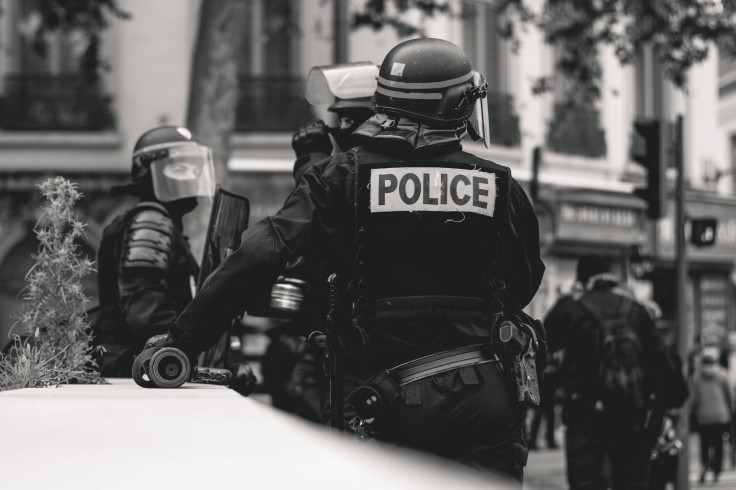
Amnesty International has accused Peruvian authorities of acting with "a marked racist bias" in its crackdown on protests that have roiled the nation since December 2022.
According to a study issued on Thursday, "populations that have historically been discriminated against" are being targeted. Amnesty International investigated more than two months of anti-government demonstrations that claimed at least 60 lives.
Amnesty International claimed that Peru employed "excessive and lethal force" motivated by "marked racist bias" against a majority indigenous and campesino population.
Following visits to the country's capital Lima and the southern cities of Chincheros, Ayacucho, and Andahuaylas, an Amnesty International fact-finding mission investigated 46 potential cases of human rights violations.
It also documented 12 cases of deaths from the use of firearms, with all the victims appearing to have been shot in the chest, torso, or head.
The Peruvian authorities had permitted the "excessive and lethal use of force to be the government's only response for more than two months to the clamor of thousands of communities who today demand dignity and a political system that guarantees their human rights," Erika Guevara-Rosas, the organization's Americas director said, reports The Guardian.
"The grave human rights crisis facing Peru has been fueled by stigmatization, criminalization and racism against Indigenous peoples and campesino communities who today take to the streets exercising their rights to freedom of expression and peaceful assembly, and in response have been violently punished," she added.
The visit by the rights organization comes after widespread claims that President Dina Boluarte and her administration used disproportionate force against civilian protestors.
Security forces have murdered at least 48 individuals, which prompted the UN human rights office to call for a probe into the fatalities and injuries last month.
"It's no coincidence that dozens of people told Amnesty International they felt that the authorities treated them like animals and not human beings," said Guevara-Rosas.
"The systemic racism ingrained in Peruvian society and its authorities for decades has been the driving force behind the violence used to punish communities that have raised their voices," Guevara-Rosas added.
Since early Dec., when former president Pedro Castillo was charged with plotting a coup after attempting to dissolve congress and govern by decree, Peru has been engulfed in political unrest and street violence. His vice president and erstwhile running partner Boluarte assumed office after his incarceration.
Yet, in light of the rising death toll, protesters have demanded her resignation and early elections. While the nation's congress has rejected legislation to call elections, she has refused to retire.
"I come to demand justice. I come to speak on behalf of all those who were killed by bullets," said Ruth Bárcena, the widow of Leonardo Hancco, 32, one of 10 citizens killed by soldiers in Ayacucho on Dec. 15 after some protesters tried to storm the airport. "We are not terrorists," she said.
The delegation from Amnesty International claimed to have shown Boluarte proof of security force excesses at a meeting on Wednesday.
The number of arbitrary fatalities was disproportionately concentrated in primarily Indigenous communities, and the inquiry revealed evidence of "marked racist bias" towards historically marginalized groups, the organization claimed.
"I didn't think that in the Peruvian state demanding your rights was a crime that deserved having your life taken," said Bárcena, who leads a group of families left bereft by the violence in the Andean city. "[The dead] have left orphans who will never embrace their parents again. Like my daughter, who asks every day: 'Why did they kill my father, why did the soldiers shoot my father?'"
Indigenous populations represent only 13% of Peru's total population but they account for 80% of the total deaths registered since the crisis began, it found.
© 2025 Latin Times. All rights reserved. Do not reproduce without permission.



